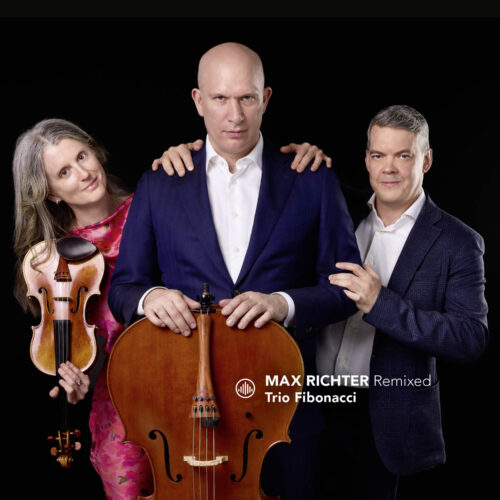You may know Max Richter for his reworking of Vivaldi’s Seasons, in a respectful manner, but with the addition of subtle modifications that give them a more modern je-ne-sais-quoi, which ‘grooves’ and is melodically closer to formulas adapted to contemporary film music. In certain passages, Richter skilfully brings out the minimalist, repetitive character of Vivaldi’s pen. The result is a huge worldwide hit that is still going strong, and which is enjoying unparalleled success with the younger generation. In short, Richter is the man who ‘remixed’ (some say ‘recomposed’) Vivaldi without any electronic manipulation. Now the German, champion of modern neoclassicism, has been remixed himself.
Well, in truth, the word remixed is an exaggeration. These are simply arrangements of ‘his’ version of the Seasons for piano trio. Be that as it may, it works very, very well. None of Richter’s new inflections for this timeless masterpiece are lost in the transpositions. Nor do we lose any of the fullness of sound of the orchestral version, which has a very cinematic quality.
Added to the four seasons are four complementary pieces taken from various Max Richter albums: On the nature of daylight, Mercy for violin and piano, Autumn music 2 (not to be confused with Autumn, in the Seasons) and Dona Nobis Pacem 2. The unmistakable melancholy touch of Richter’s melodies is there, as is their communicative simplicity and their undeniable appeal in these complex, even dishevelled and unstable times.
A well-deserved hit for the excellent Montreal ensemble, made up of Julie-Anne Derome on violin, Gabriel Prynn on cello and Maxim Shatalkin on piano.
























